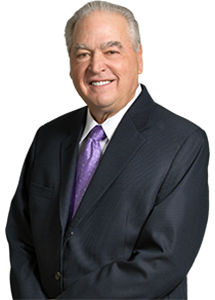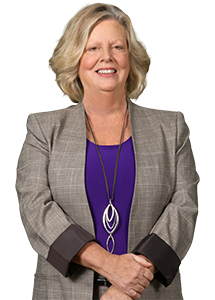The second sin committed in succession planning is when the business owner acts too much like a parent and mistakes “fairly” with “equally.” The origin of this sin starts on the date the second child is born. As parents, Mom and Dad want to make sure each child knows that they love him or her “the same” as the child’s siblings. This need for equality begins to permeate every part of the parent-child relationship. Many a parent has said “I need to coach Susie’s dance team because I coached Johnny’s soccer team,” or found themselves running out on Christmas Eve to purchase one last silly gift just to “even things up.” So when it comes to the estate plan, it is not surprising that most parents decide to leave everything equally to the kids. And if the parents are business owners, that oftentimes means leaving the business equally to the children; to some who are involved and some who are not.
The problem with equally is, counterintuitively, it is a selfish notion. It is born of well-intentioned parental guilt: I do not want any of my children to think I love them less, and they cannot if I treat them all the same. But what is missing in that reasoning is what the child really wants. Does the uninvolved child really want an equal amount of stock in a business that he/she does not know or care about? Or would the child rather have cash or mutual funds worth less, but that are easily usable to meet the child’s wants and desires? The key to avoiding sin #2—ask yourself what does each child want, and if possible, try to design a plan that gets those children what they want without worrying about whether each child gets the same amount. Be fair, not necessarily equal.











